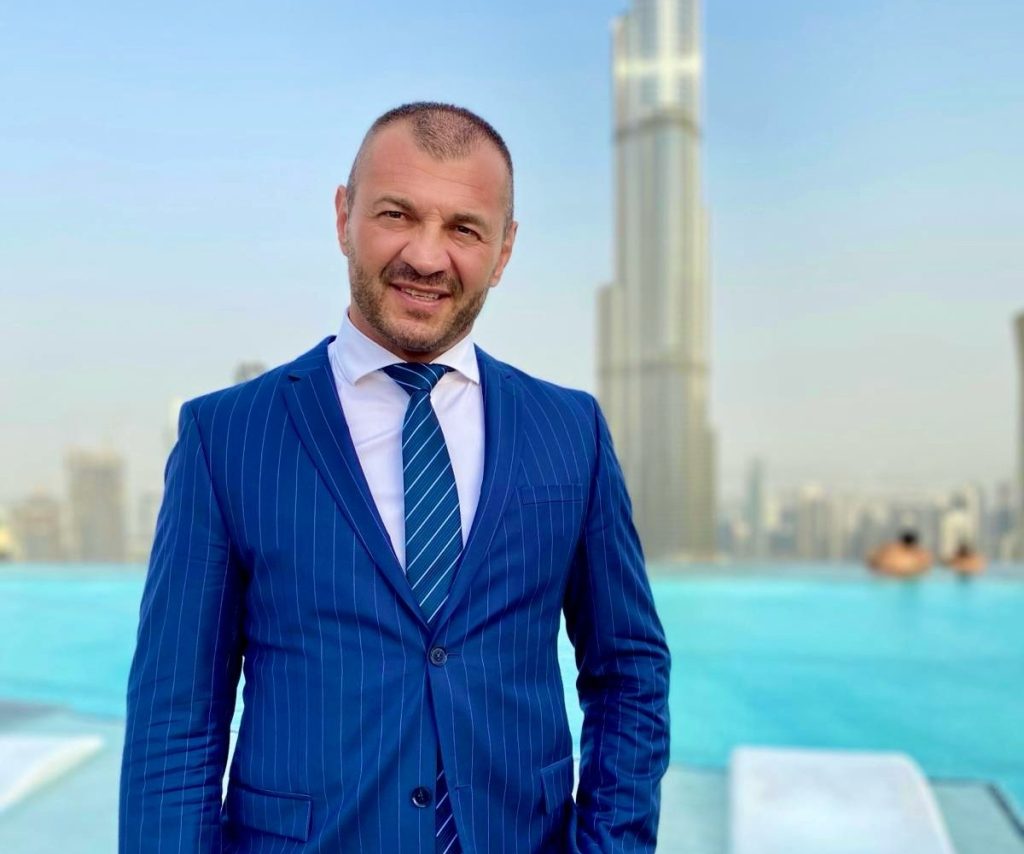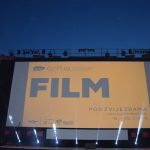February the 20th, 2024 – Can Croatia be transformed into an international centre of excellence in terms of water area protection? Kristijan Curavic believes so. Here’s why.
As Poslovni Savjetnik/Business Adviser/Goran Jungvirth writes, this year (October 17-18, 2024), the OACM is organising the first international conference aimed at solving the immediate danger of climate change and plastic pollution in the world’s seas, rivers and lakes – through long-term sustainable financial tools integrated into the corporate and state sectors. This conference is set to take place right here in Croatia.
Under the EU ETIS & Corporate Green Practices programme, the OACM intends to globally integrate its SOS CP (Sustainable Oceans Solutions Conservancy Programme) across several continents, as the only system that can reduce plastic impact in the sea, undersea and coastal zone. This organisation has been led since its foundation by Kristijan Curavic, the former world record holder in deep scuba diving, alongside high-ranking former world leaders, former UN diplomats and experts from both the environmental and economic sectors. Kristijan Curavic went deeper in terms of explaining the global significance of his commendable project.
OACM membership is intended for everyone who has an affinity for creation and new challenges. We’re still looking throughout the EU region for experts in the marketing, financial, environmental and social sectors who want to join us and build their international careers in a new environment and create something that will remain for all of humanity and improve the lives of all beings on planet Earth.
What are the economic consequences of climate change, which is enhanced by the pollution of our seas, rivers and lakes? How does an increase in temperature affect global economic losses?
Climate change has contributed to extreme weather causing at least 100 billion USD in damage annually. An increase in temperature will lead to accelerated economic losses. A survey of independent economists looking at the effects of climate change found that estimates of future damages range “from 2% to 10% or even more of global GDP annually.
How does your SOS CP programme contribute to a sustainable ocean economy and what are the key goals of the programme in terms of reducing the impact of plastic on marine areas?
Tourism-oriented countries which are still developing are particularly exposed to the consequences of the ongoing degradation of marine and coastal ocean ecosystems, as many of them depend on ocean or sea-based industries such as fishing and tourism. SOS CP can create a sustainable marine economy and offer quality jobs in the environmental sector, improved food security with CSMA (certified SAFE marine area) and improved resilience – the backbone of long-term, inclusive and sustainable development.
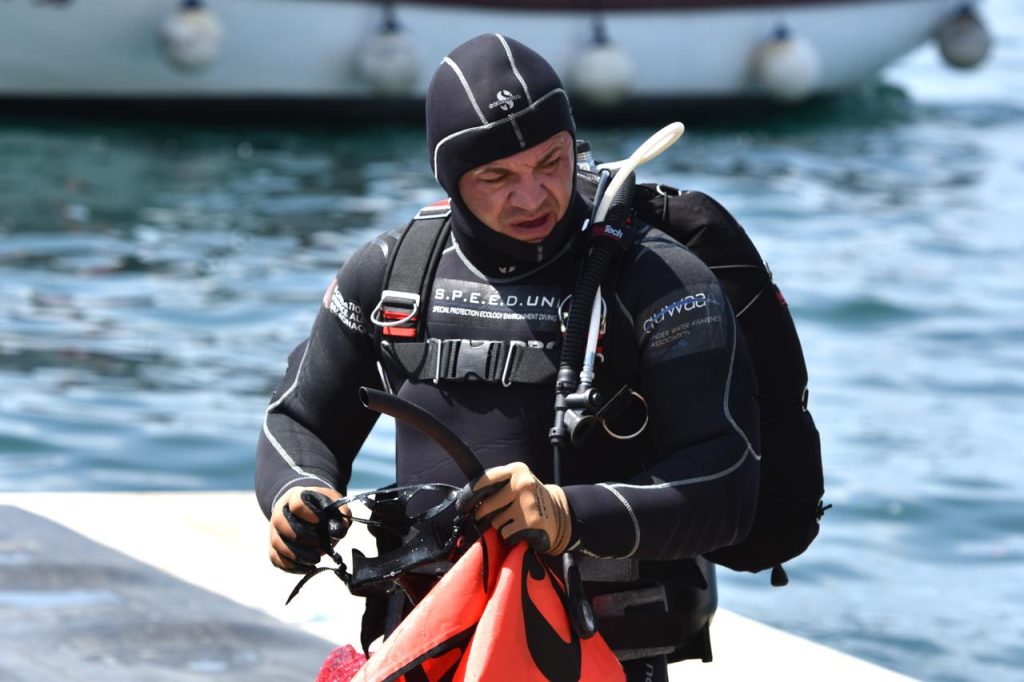
Can you give us an example of unsustainable corporate or state practices in tourism that don’t comply with international guidelines, such as the UN, taking into account climate change and the extreme pollution of the seas and oceans with plastic?
To put it as simply as possible, no country or hotel chain, marina or any institution in the world’s tourism sector can claim sustainable business as long as tourists spend their time sitting on polluted beaches or swimming in dirty seas full of plastic and other waste. That’s because such practices threaten the national economic security of the country, especially in countries which have a high dependence on tourism.
Is Croatia among such countries?
Here in Croatia, a significant percentage of the state budget is pumped up by tourism, its share is over 10 percent in the total added value. A large number of luxury Croatian hotels charge up to 800 euros per night, and yet they have polluted beaches and sea areas. This is the case in many countries, which is utterly unacceptable, because this waste harms tourists who pay very dearly for their stay, as well as marine animal and plant life. Biodiversity, marine life and ecology should become the core and key elements of global tourism according to the principles of the UN World Tourism Organisation. The Republic of Croatia was one of the first nations to start the certification process of its coastal zone with ‘white flags’ (White Flag certification), but this has only been carried out in very small segment so far, which we believe will change going forward.
How can SOS CP improve the tourism sector, while providing safe marine areas at the same time?
Our system contributes to the protection of the world’s oceans and seas by minimising the presence of plastic waste with measurable results using the EOMD Scale System (Extracted Ocean Marine Debris). The development of cooperation and the implementation of these systems among several neighbouring countries can help developing countries improve the sustainability of their marine sectors and take advantage of new sustainable opportunities from the marine economic sector. This can be done by facilitating access to the science, innovation and financial resources needed to make these opportunities a reality.
What are the risks of the lack of measures and tools to solve the problem of plastic in the world’s oceans and seas? Would you like to encourage cooperation between the state and corporate sectors in order to change this with the EU ETIS & Corporate Green Practices conference?
The OACM SOS CP system is aligned with more than eight UN SDGs. The UN SDG (Sustainable Development Goal) provides guidelines that are crucial for further development, but it doesn’t provide financially sustainable tools. SOS CP is a tool in achieving these goals, and that is why the OACM is entering into cooperation with six UN organisations, with more to follow later.
Currently, between the government and corporate sectors, the non-existent measures and tools to prevent this pressing problem pose a great risk to overall human health and an increase the death of marine life, the continued endangering of biodiversity and delicate ecological processes. The EU ETIS & Corporate Green Practices conference, unlike other international conferences, will be remembered for the fact that before the conference, governments and corporations will integrate the SOS CP system and ensure hundreds of kilometres of plastic-free zones. These zones will be perfectly safe for shellfish and all kinds of other marine life. There will be more than 50 countries, governments and global corporations that have integrated this programme or are currently in the process of integration. Only a few Croatian corporations will have the opportunity to integrate this system and present it themselves at the conference.
How does the OACM plan to integrate SOS CP in different parts of the world? Why is it important for countries and corporations to integrate SOS CP before the conference takes place?
The success of this system is the financial and marketing sustainability between countries and the corporate sector, which is deeply rooted in the global tourism sector, from where the possibility of its sustainability originates. The provision of CSMA certified SAFE Marine Areas (Certified Safe Marine Coastal Zone for Human and Marine Life) is the primary and most fundamental service in the tourism sector worldwide. Last year, the OACM started communication with its member of the board of directors, the former Secretary General of the UN World Tourism Organisation Dr. Taleb Rifai, for the global implementation and integration of this exact programme.
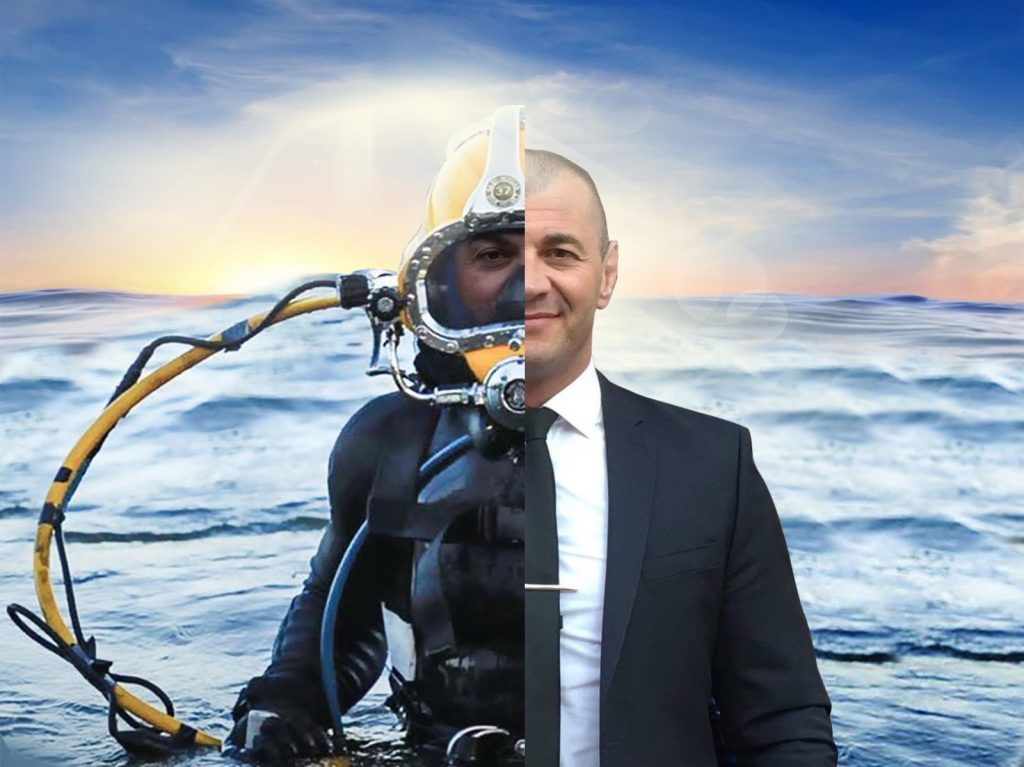
What opportunities does the EU ETIS & Corporate Green Practices conference offer to visitors from government structures and the corporate sector?
Over the next decade, the global tourism industry will direct all of its policies in the national and corporate sector in the direction of setting new modern development directions. This will primarily regard the digital transition, which will be monitored by the SOS CP CSMA system. Visitors to EU ETIS & Corporate Green Practices from government structures and the corporate sector will have the opportunity to see first-hand the functionality of this system, and from the moment of them landing at an airport in Croatia, get an impression of how the digital transition of the SOS CP system looks credible with directly implemented measures in the coastal zone.
Companies and governments will have opportunities to sign contracts during the OACM conference. The OACM will work closely with governments as an advisory body that will provide advice, as well as encourage the adoption of long-term financially sustainable measures to solve environmental, economic and socially important issues, which will significantly reduce government costs and increase efficiency in these key areas. The OACM will assist governments in achieving the UN’s 2030 Sustainable Development Guidelines, which are critical to the sustainability of the planet and its natural resources.
Thanks to the EU ETIS & Corporate Green Practice conference, Croatia is becoming a centre of excellence in an increasingly important and necessary example of environmental protection, sustainable economy and the advancement of social responsibility for the very first time. EU ETIS & Corporate Green Practices aren’t just cosmetic measures, they’re very concrete solutions that will be experienced directly through the OACM GEPN digital transition between the state and corporate sectors, for now for a few selected large companies.
Aside from the planned conference, what are your most significant activities at the moment?
The OACM Directorate – General Directorate is currently in the phase of multilateral integration of this system and bilateral promotion between the countries of the Middle East (UAE, KSA, Qatar, Jordan, Oman, Egypt and Bahrain), with which talks were started back in 2018. The start of the integration of the SOS CP system in these countries should finally begin this year with the goal of creating the first regional safe marine/ocean tourism destination, and a safe marine coastal zone for both human and marine life. It’s one of the priorities of the 2030 vision of the countries of the Middle East in their green transition and turn towards sustainable tourism. The OACM already launched the North American Alliance programme last year, where it started communication with the US State Department and the Canadian Government headed by Prime Minister Justin Trudeau, who personally sent us a letter calling for negotiations and praising the SOS CP system in solving the burning problem of plastic in the sea. The African continent has already started with a certified coastal zone in the Seychelles, which was personally launched by the President of Seychelles, H.E. Danny Faure.
What activities are intended for us here in the European Union?
The OACM has been cooperating with the European Commission since back in 2017 and expects the continued approval of the SOS CP system in all EU countries, which can reduce the impact of plastic on all water bodies in the EU. The process has already started in Slovenia, here in Croatia, as well as in Malta and the SEE region in Macedonia and Albania, which are at the very beginning of the proper development of their tourism industries, and whose leaders are also expected at the conference.
The goal is to start the full integration of the SOS CP system in every EU nation. But at the same time, in order to speed up this process, we’re going to continue carrying out direct bilateral negotiations with national governments as before, in order to avoid slow, sluggish bureaucracy. We’re taking that approach because the later this system is implemented, the faster and greater will be the destruction of marine life will be. We must not forget that we’re racing against time to save the planet, and we’re sadly already so far behind that some scientists believe that we’ve already lost the race.
Will you also focus on smaller countries as part of your project?
The SIDS Small Island Development States CSMA programme starts in June 2024 and the OACM expects a limited number of countries at the beginning. This is owing to the process of recruitment and training of manpower required for the operational part of CMSA, as the procedure itself is extensive, difficult and time-consuming. The OACM’s training process for people from the financial, marketing, diplomatic and sustainability sectors is also very time-consuming, with security measures in place. So, we plan to slowly develop and implement the programme there as well and try to cover the whole world with it. More than 20 delegations from small island nations are expected to attend the conference so far. After launching the programme in the Middle East, the OAcM will form a financial solidarity fund with its partners where small island nations will be able to receive financial assistance in the integration of our SOS CP system, as well as investments in sustainable ecological tourism.
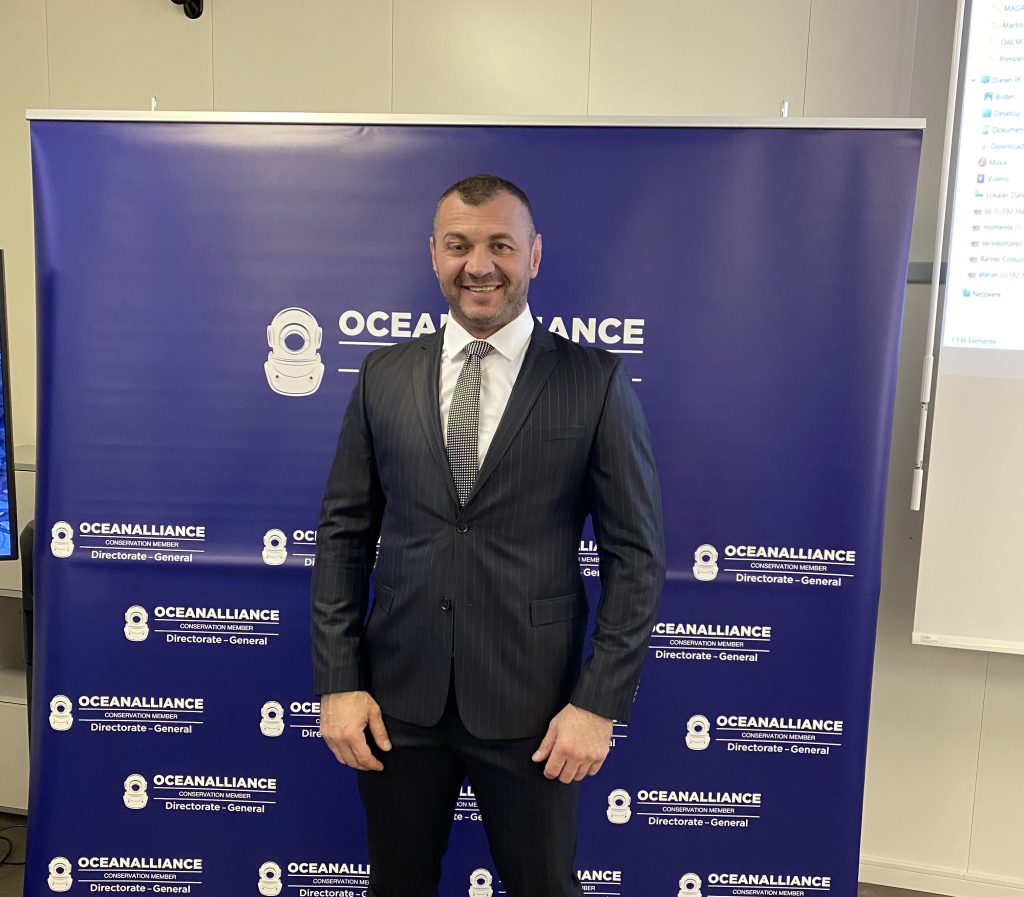
You mentioned the long-term training of the people of your association. How exactly does the OACM plan to maintain human resource sustainability, especially given the delicate specifics of their training programme?
The OACM has a special way of functioning when it comes to internal human resources, the sustainability of which is based on the distribution of tasks to several teams that will be employed and engaged only at the moment when the certification process begins. This OACM’s human resource sustainability programme not only came through the global coronavirus pandemic crisis intact, but also saw the greatest progress in the development of internal and external development policies, while at the same time many similar organisations disappeared. What was considered a challenge has become the greatest strength of our organisation, which is resilient enough to withstand all upcoming crises or geographical changes due to wars, conflicts and other insecurities, while at the same time saving human and marine lives.

